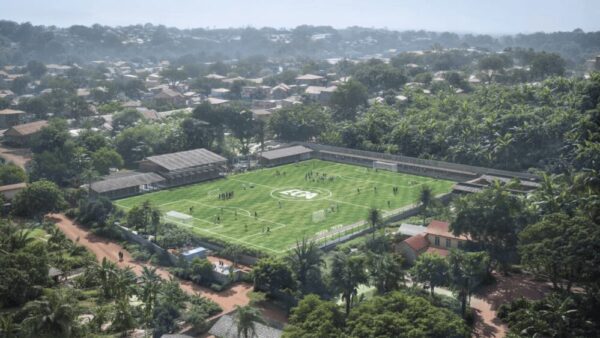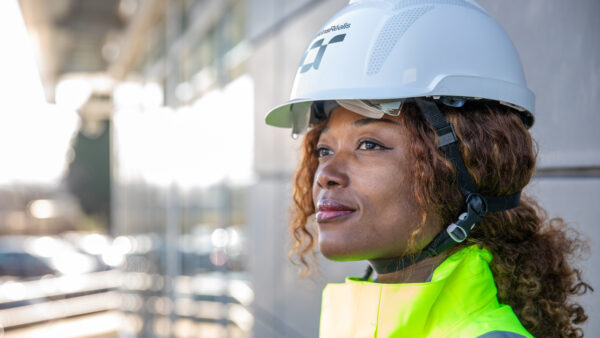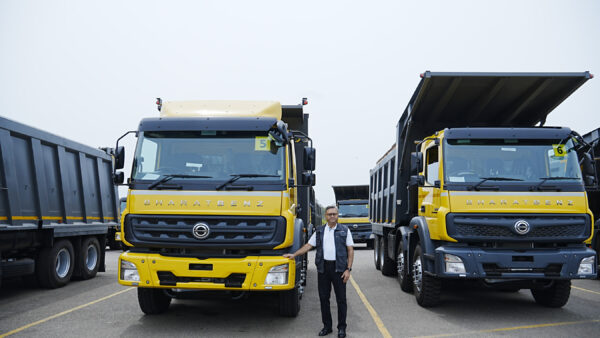A coroner investigating the death of a British man working on a World Cup stadium in Qatar has slammed site management for allowing the use of “potentially lethal equipment”.
Working practices were “inherently unsafe”, causing 40-year-old Zachary Cox to plummet nearly 40 metres to his death after a faulty hoist gave way underneath him at the Khalifa International Stadium in Doha on January 19, last year.
Cox’s safety harness also snapped and he fell head first, suffering severe head injuries and a broken neck. He was pronounced dead in hospital, the Coroner’s Court at Brighton and Hove, England, heard this week on 27 February.
A colleague of Cox’s from South Africa was initially blamed for the death, and was arrested and held in Qatar for 10 months, but he has since been cleared of any wrongdoing.
Seeking justice, Cox’s family are now calling for an independent inquiry and backing from the UK Foreign Office, the Press Association reported.
The rope snapped. The catwalk fell away from under him. There was nothing to stop him from falling– Jon Johnson, colleague of Zachary Cox
Cox, who was born in Johannesburg but later lived in Hove and London, was standing on a hoist while fixing a catwalk into place when the hoist gave way.
The inquest heard that extra hoists were brought in to save time because the project, undertaken by the Midmac/Six Construct Joint Venture (MSJV), was running behind schedule.
Coroner Veronica Hamilton-Deeley called new working practices introduced on site after that Christmas “inherently unsafe”.
Cox was leading one of five teams, subcontracted by company Alnix, whose job was to fit the catwalks, which are used to operate lighting, cameras and sound equipment.
The plan had been to winch the catwalks into place before workers on hoists fixed them into place.
But after the 2016 Christmas break, workers were told instead to lift the catwalks with cranes and temporarily hold them in place with hoists until they could be securely fixed later on.
This required extra hoists so more were supplied by a subcontractor, but Hamilton-Deeley said these were in a poor state of care and not fit for purpose.
She found that up-to-date safety certificates were not presented before use.
She also criticised the lack of documentation on changed approach, concluding that staff were not properly notified. She said there was no evidence of a risk assessment being carried out but if there was one, it had been “deeply flawed”.
Friend and colleague of Cox, Jon Johnson, who was in the air and near Cox when the equipment gave way, told the inquest that he first learned of the change to the plan when he was 40 metres in the air.
He told how he did not trust the “rubbish equipment” and so attached straps as a back-up, something Cox had not done.
“I heard a large bang,” Johnson told the inquest. “There was smoke, dust and rust coming out of (the hoist). I knew instantly something terrible was about to happen. The rope snapped. The catwalk fell away from under him. There was nothing to stop him from falling.”
The coroner said: “The site managers at the stadium knew or should have known that they were effectively requiring a group of their workers to rely on potentially lethal equipment.
“(The new system) was chaotic, unprofessional, unthinking and downright dangerous.”
Mr Cox’s sisters-in-law Ella Joseph and Hazel Mayes told how they had been fighting for answers from officials ever since his death, the Press Association reported.
“We demand reassurance that those responsible for making the decisions that ultimately led to Zac’s death will be held to account and justice will be served’ they said in a statement after the inquest. They called for an independent inquiry and for the Foreign Office to step in.
“We want to know lessons will be learnt, so other families won’t suffer under similar circumstances,” they said, adding: “Zac was a truly special person, with a huge heart and gentle nature. We all miss him desperately.”
The inquest heard that Cox was experienced, but not to the most senior level. Still, he had been made supervisor to other inexperienced team members.
The coroner said this was “unfair” and that it was “inappropriate” for site managers to group his team this way, adding: “The extra burden of responsibility must have weighed on him significantly and possibly led to him underestimating that he now needed to rely on substandard equipment.
“I think his mind was on too many other things and what happened was probably unthinkable.”
Image: Interior of Khalifa International Stadium, Doha, under construction during April 2017 for the 2022 World Cup (Supreme Committee for Delivery & Legacy)
Comments
Comments are closed.







On the surface ISO9001-2008 (then 2015) procedures should have been enough to trace back the decision making process and pin-point the root cause of the problem. Any ISO auditor can do that and come up with right answers!! has this been done? over 35 years on sites etc , I have noticed that ISO9001 is not always used properly and sometimes just hanging the certificate in the reception as a decoration is all what’s aimed for !! sadly.
FIFA need to step in and show that they have changed as an organization by dealing with this directly with the Qatari Government, Football Association and Client for the stadium. Unless pressure is applied from this level incidences such as this will continue to occur as their is a culture of impunity.